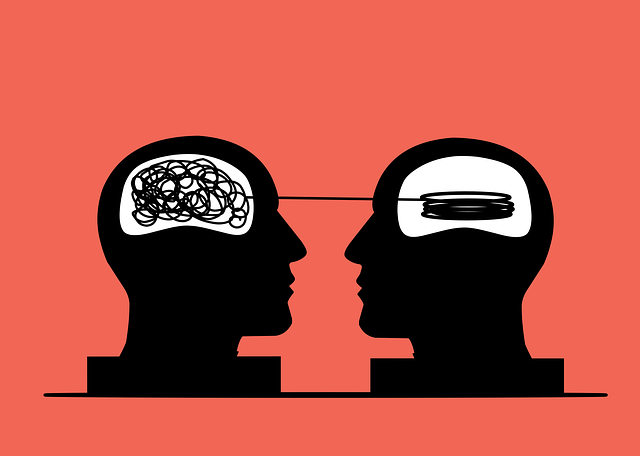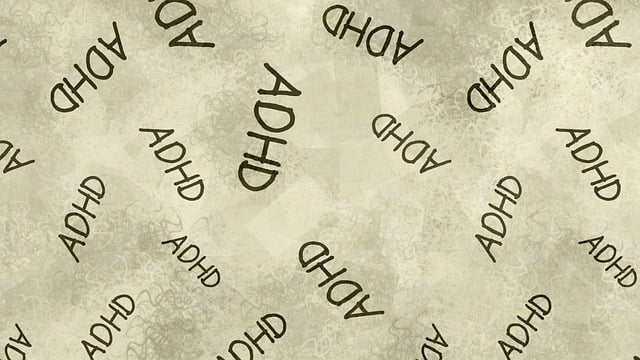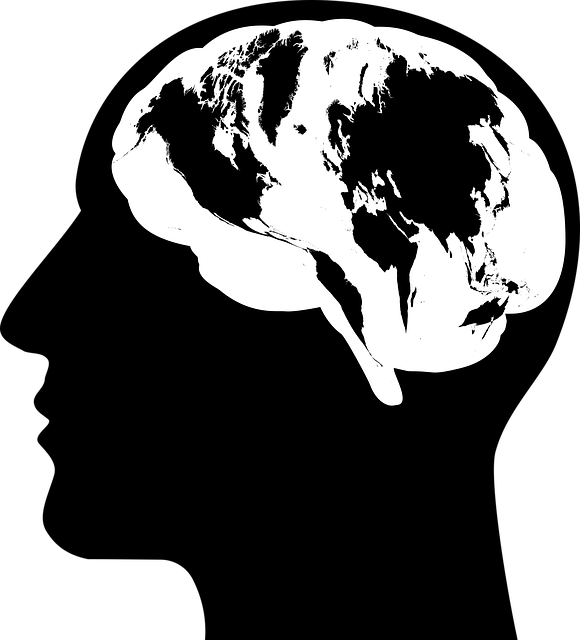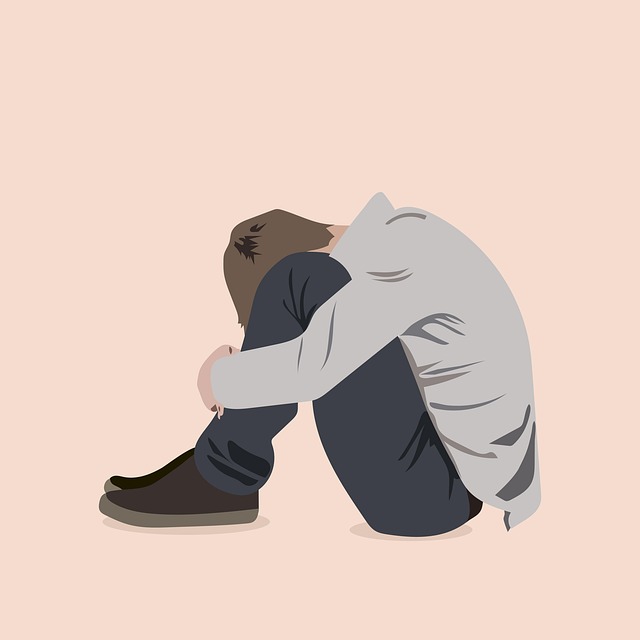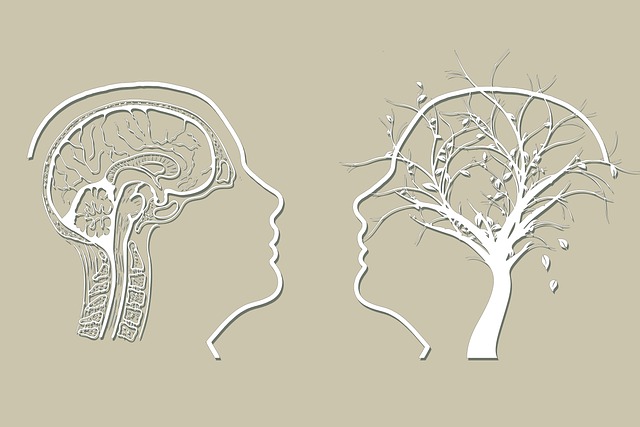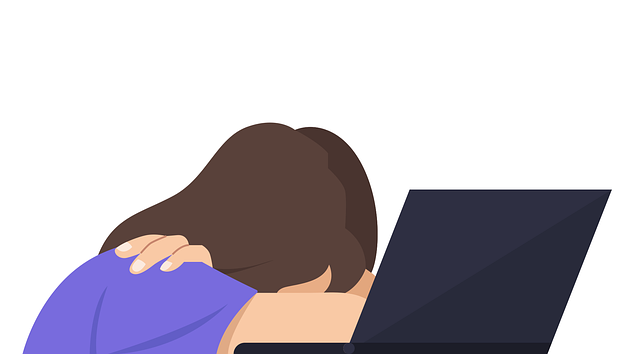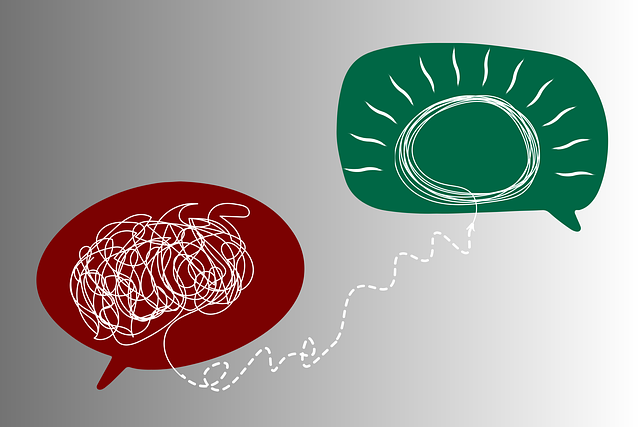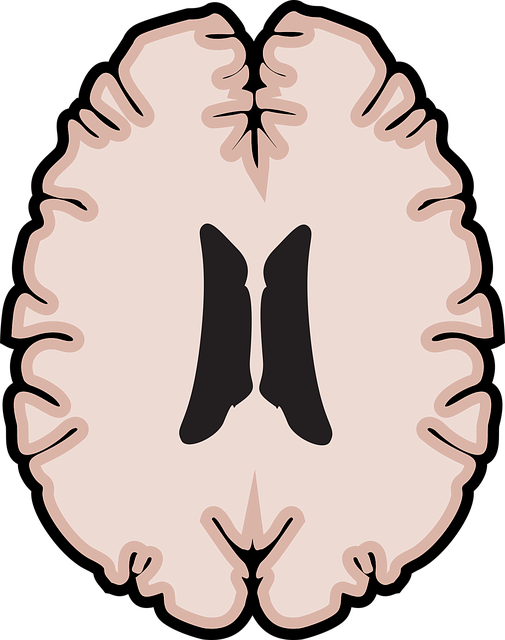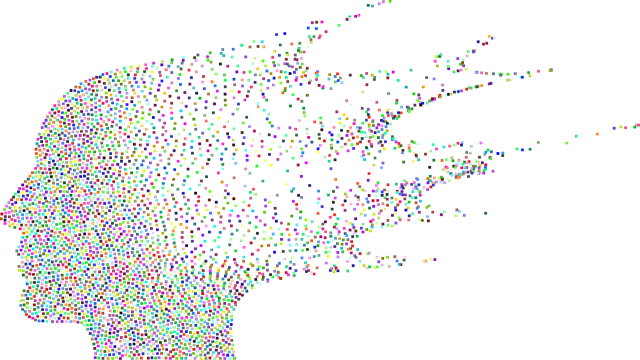Adolescence is a critical period requiring focused attention on mental wellness, often challenged by academic pressures, peer dynamics, and self-discovery. Cognitive Behavioral Therapy (CBT) is an evidence-based approach, effective in treating various mental health concerns among teens by targeting negative thought patterns and teaching coping strategies for stress, anxiety, and depression. Integrating CBT with self-care practices like mindfulness, exercise, and sleep, equips adolescents to manage their emotional well-being independently, fostering resilience and overall mental wellness.
Mental wellness is a cornerstone of adolescent development, yet promoting healthy coping mechanisms remains a pressing challenge. This article explores strategies to empower teens, focusing on cognitive behavioral therapy (CBT) as an evidence-based approach. We delve into understanding mental wellness for adolescents, providing a foundation for growth and resilience. Additionally, we present techniques for integrating self-care practices with professional support, emphasizing the importance of a holistic approach to nurturing young minds. Unlocking teens’ coping mechanisms through CBT offers hope for improved mental health outcomes.
- Understanding Mental Wellness for Adolescents: A Foundation for Growth
- Cognitive Behavioral Therapy: Unlocking Teens' Coping Mechanisms
- Strategies for Integrating Self-Care and Professional Support
Understanding Mental Wellness for Adolescents: A Foundation for Growth

Understanding mental wellness is a crucial step in fostering healthy development among adolescents. This period is characterized by significant cognitive, emotional, and social changes, making it an opportune time to build resilience and cope with emerging challenges. Adolescents often face pressures related to academic expectations, peer relationships, and self-discovery, which can contribute to various mental health concerns.
Cognitive Behavioral Therapy (CBT) is a well-established approach that has shown effectiveness in treating adolescent teens. CBT focuses on identifying and changing negative thought patterns and behaviors, enhancing coping strategies, and building skills for stress management and emotional regulation. By addressing issues like low self-esteem and trauma, CBT supports adolescents in navigating these transitional years, ensuring they have the tools to thrive and adapt to life’s challenges.
Cognitive Behavioral Therapy: Unlocking Teens' Coping Mechanisms

Cognitive Behavioral Therapy (CBT) has emerged as a powerful tool for empowering teen mental wellness. This therapeutic approach focuses on identifying and modifying negative thought patterns and behaviors, helping adolescents develop healthier coping mechanisms. By teaching them to recognize and challenge distorted thinking, CBT equips teens with the skills to manage stress, anxiety, and depression effectively. Through this process, young individuals gain a deeper understanding of their emotions and learn to respond rather than react to challenging situations.
One of the key aspects of CBT is its emphasis on conflict resolution techniques, fostering inner strength development. It encourages teens to replace unhelpful beliefs with realistic, positive ones, thereby strengthening their resilience. By embracing mind over matter principles, adolescents can begin to see themselves as capable of managing their mental health proactively. This shift in perspective empowers them to take charge of their emotional well-being and cultivate a more balanced and fulfilling life.
Strategies for Integrating Self-Care and Professional Support

Integrating self-care practices with professional support is a powerful strategy for promoting mental wellness, especially among adolescents and teens. Encouraging young individuals to prioritize their emotional well-being can be transformative. Simple yet effective self-care techniques such as mindfulness meditation, regular exercise, and maintaining a balanced sleep schedule can significantly reduce stress levels and improve overall mood. These practices foster resilience and empower teens to manage their mental health independently.
Additionally, professional guidance plays a pivotal role. Cognitive Behavioral Therapy (CBT) is a well-known and effective approach for addressing various mental health concerns in adolescents. CBT equips them with valuable tools to identify and challenge negative thought patterns. Social Skills Training and Confidence Boosting activities can further enhance their ability to navigate social interactions and build self-esteem. In times of crisis, having access to Crisis Intervention Guidance ensures that teens receive immediate and specialized support when facing intense emotional distress.
Mental wellness is a crucial aspect of adolescent development, and by providing them with effective tools like Cognitive Behavioral Therapy (CBT), we empower teens to navigate their emotions and challenges. Integrating self-care practices alongside professional support creates a holistic approach, ensuring adolescents foster resilience and cope healthily. This comprehensive strategy, focusing on understanding mental wellness and utilizing evidence-based therapy, paves the way for a brighter and more balanced future for young minds.
